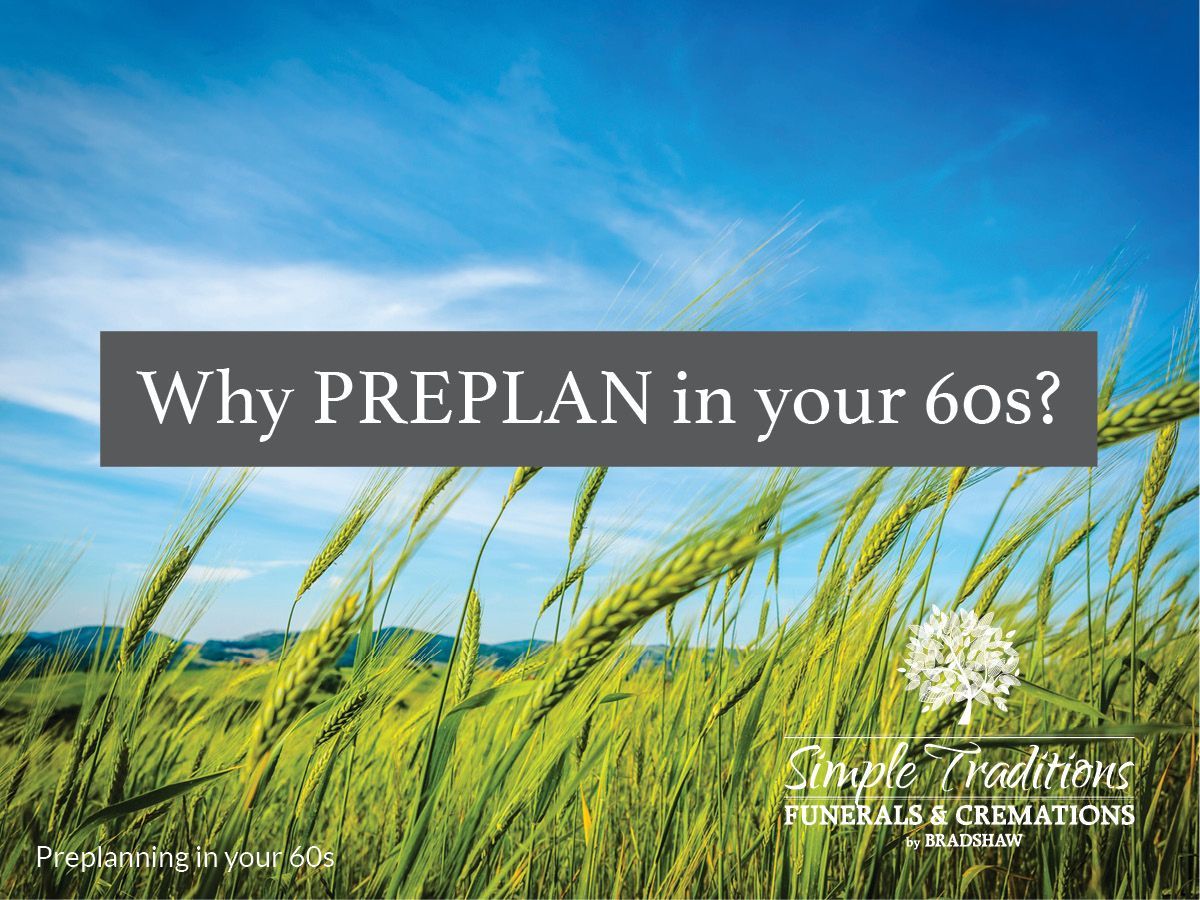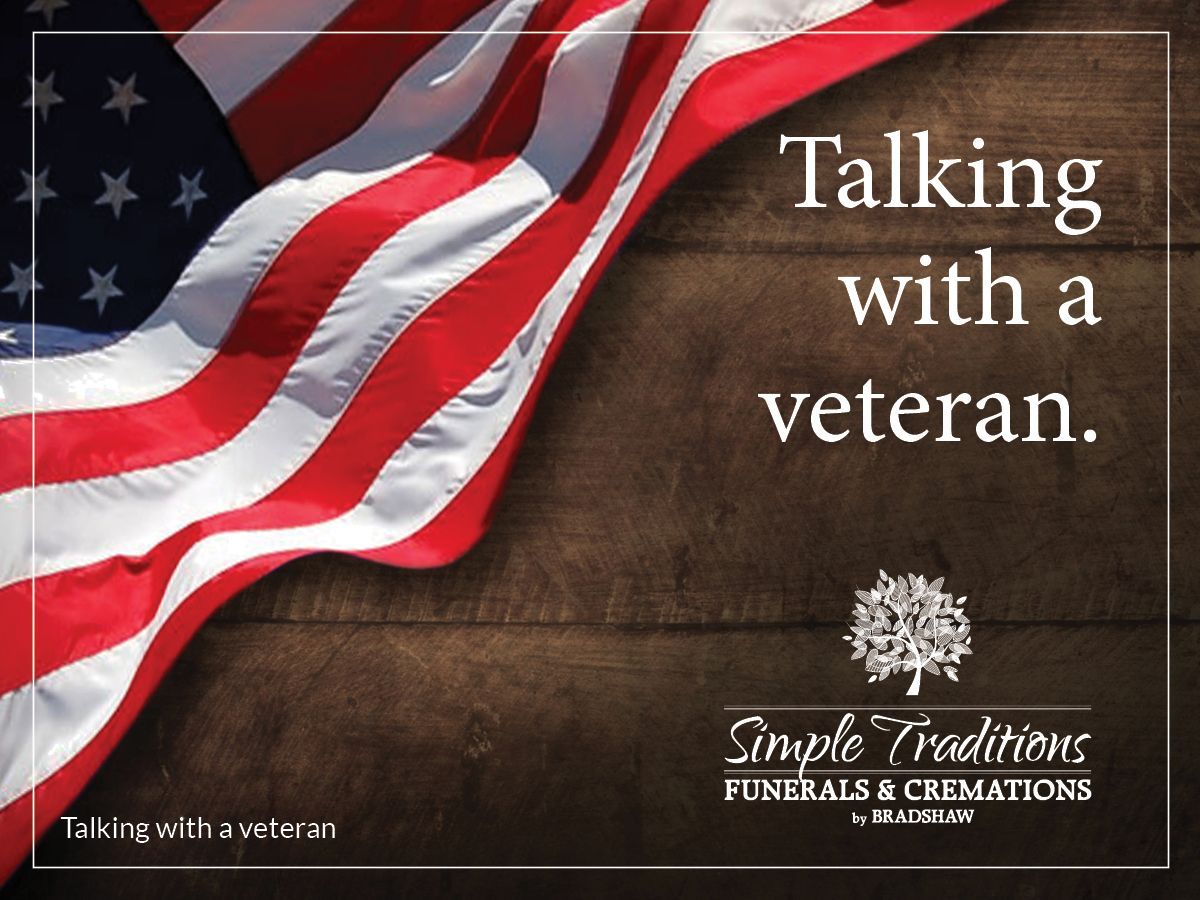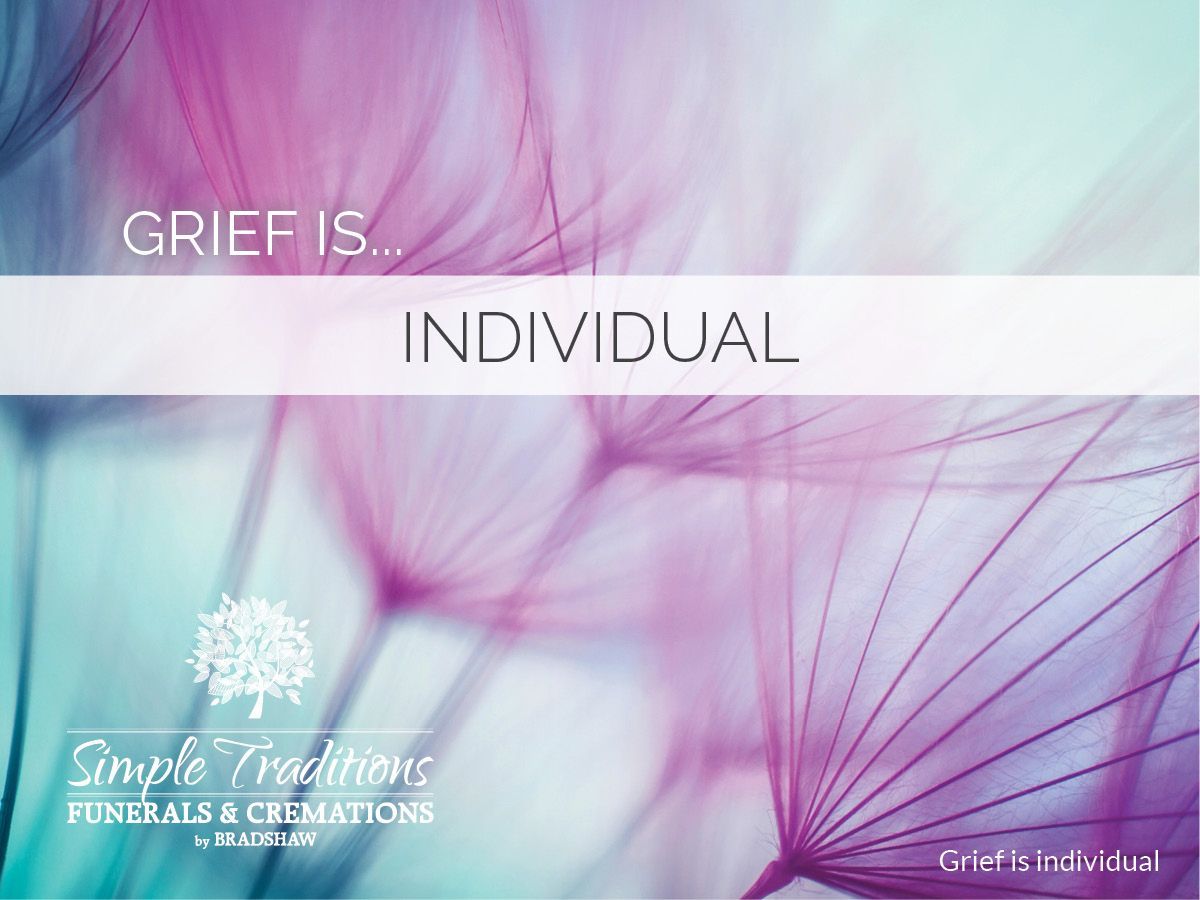Food and Funerals
Why is food such a fundamental part of any funeral?
Food provides comfort and strength. A gift of food shows that we care. It’s natural to connect food with the healing process of a funeral.
When should you give food? What’s helpful without being overwhelming? How do you accept food graciously without having to buy a second refrigerator?
If you’re helping a friend who is dealing with the death of a loved one, a gift of food is appropriate before the funeral, at the conclusion of the funeral, and even weeks or months after the funeral.
As you think about your gift, be aware that your friend may not even know they’re hungry. They likely won’t be able to tell you what they want or need.
Take the initiative and make it easy on them. Call with a simple offer that can be changed to meet the needs of those on the receiving end. You might say something like this:
“I’d like to bring your family dinner tomorrow evening. I thought I’d bring you a turkey roast with a broccoli casserole. Will that work for you? I’ll bring dinner by around 10:30 a.m. It’ll be all ready for you to warm in the oven or microwave.”
When you’re on the receiving end, be gracious, but honest.
Your friends want to help you. If their offer won’t be helpful, give them an opportunity to make a different suggestion.
“Thank you for your offer, but we’re all set for the next few days. May I have a rain check?”
If you’re part of a close circle of friends, consider coordinating with others in your group to cover the family’s food needs on different days and with a variety of dishes.
Consider breakfast food. A basket with granola, muffins, or a breakfast casserole may be a nice change.
Sheet pan dinners, where the entire meal is cooked on one pan in the oven, are easy for both parties. You can find lots of recipes online.
If you don’t cook, consider giving a gift card for a local restaurant that offers take out.
Whatever you do, don’t forget your friend after the funeral is over. Most people find sitting alone at the dinner table one of the bigger challenges of their bereavement.
A loaf of your famous zucchini bread will be greatly appreciated and it’ll be even better if you can share it together over a cup of tea.








